Apple will make health record data available to third-party apps on iOS devices, beginning this fall. The data, which will require user permission to access, will be kept private and entirely off of Apple's servers. But it could dramatically expand usefulness of health-focused apps on the platform.
Earlier this year, Apple launched a Health Records service to increase the portability of health records and make them available across participating hospitals and clinics. The idea was to allow patients to download their health records to iOS devices and then easily share them with other practitioners.
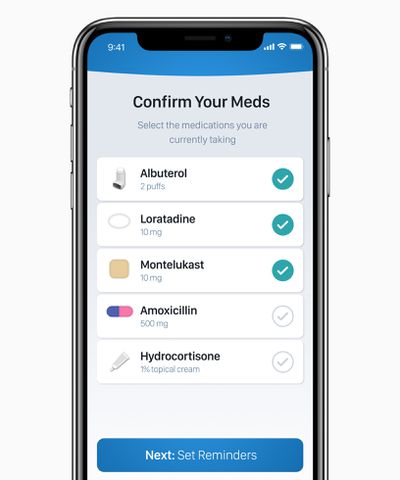
The new Health Records API would allow certain parts of user health records to be accessed by apps, with data flowing directly from iPhones and iPads to the apps, with no user health data ever flowing to Apple's servers.
Apple listed a number of examples for this service, showcasing the potential for the iPhone to literally save lives — something that Apple CEO Tim Cook has repeatedly referred to in the past.
- Medisafe, which helps users remember when to take their medication, will connect with Health Records so user's prescription drugs can be transferred to the app without manual entry. This will make creating medication reminders easier, and could warn patients of drug interactions because the entire medication roster will (theoretically) be listed in-app.
- Diabetes-management apps could access lab results and combine them with eating and exercise data to help users better manage their disease.
- A healthy eating app could custom-design meal plans based on cholesterol or blood pressure data.
- "With the new Health Records API, doctors can integrate patient medical data into their ResearchKit study apps for a more complete view of their participants’ health background.
Apple has been working for years to better organize health data and to assist users in being healthier. Tim Cook, a fitness and health enthusiast himself, has discussed the potential of Apple's devices to help users get healthier on numerous occasions — and Apple's own health-focused aspirations have been documented for more than a half-decade.



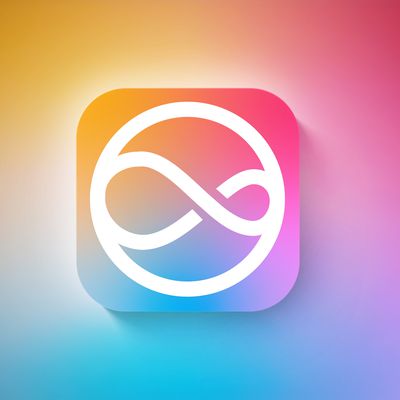









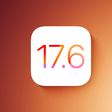
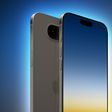

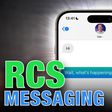

Top Rated Comments
Your doctor goes into a file cabinet, pulls out your charts, reads over your history and writes in them in pen. When tests are ordered, he fills out a piece of paper and faxes it to a lab where you go to get your tests done and then wait several days, sometimes weeks for the results to be produced and mailed to your doctor who then makes a phone call to you to come see the results. If you ever want to see your record, you call your doctor who makes you book an appointment to discuss your record and charges you a fee for it. Seriously, what is this? The 1970's?
My health records are my health records. I should have access to up-to-date versions of them at all times, whenever I wish to see them. Going to the doctor, they should be able to pull up your record on an iPad and any notes they make, you should be able to see on your iPhone. If you get tests done, those test results should show up in your record. If you're on medication, your doctor will have added it to your file and your pharmacy will get the prescription. If you become ill, an emergency worker can check your phone's Medical ID for your known conditions and any medication you're on.
The experience of dealing with the medical field should not feel like it's decades behind in an era where we all carry powerful personal computers in our pockets.